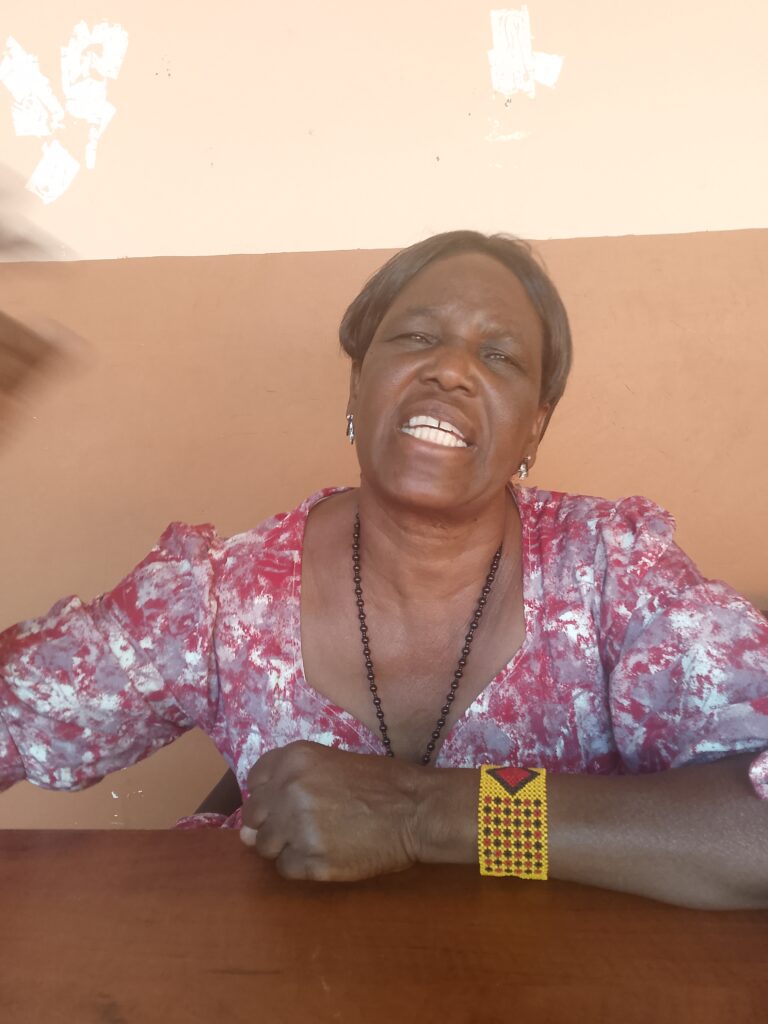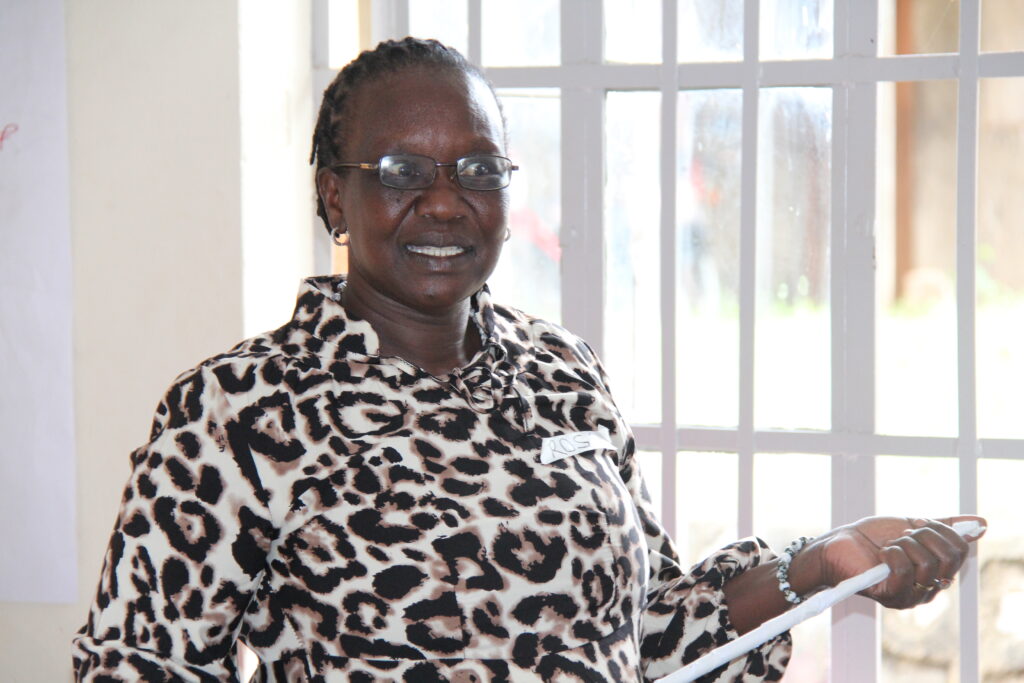
 Mama FM
Mama FM

 Mama FM
Mama FM
7 December 2024, 3:17 pm
By Byamukama Alozious
Over the years, street children from the Karamoja region have become increasingly visible in bustling towns such as Kampala, Soroti, and Jinja. Now, the crisis is hitting closer to home, as Moroto Municipality faces a growing number of its own children living on the streets. Women leaders in the region cite poverty, parental neglect, domestic violence, and alcoholism as the main causes of this rising issue. With support from Raising Voices during the 16 Days of Activism, this article explores their perspectives and the urgent need for action.
Nachap Mary
According to Nachap Mary, the Deputy Mayor of Moroto Municipality, many of these children, especially girls, are highly vulnerable to exploitation.
“Some are being used by sex workers in exchange for food, exposing them to diseases, abuse, and even death,” she explained. “This cannot continue. These children are the future of Karamoja, and we must protect them.”
Children as young as seven are sent by their parents to fetch food or money, often at the expense of their safety and well-being. Many sleep in open spaces, such as vendor stalls, exposing them to insecurity and harsh conditions. On Fridays, these children roam the town seeking food and assistance, often targeting Muslim-owned shops and individuals. Over time, they lose the motivation to return home, influenced by peer groups already entrenched in street life.
This neglect, coupled with parental carelessness and substance abuse, drives children into child labour and a life on the streets. From early morning, groups of 5-10 children can be seen scavenging for opportunities, part of a larger group that sometimes numbers up to 100.
The cycle of poverty and neglect is perpetuated as children mimic peers, learning survival tactics that keep them away from school and family life. The street children in Moroto Municipality also come from neighbouring sub-counties, including Rupa, Kati, Kakitekile, and Napak. Efforts to round up these children have so far identified over 120. Local authorities plan to take further action, such as tracing the children’s parents and returning them to their villages, except in cases where the child is an orphan.

Lokongo Josephine
Lokongo Josephine, the Woman Councillor for Rupa sub county, noted that many of the children on the streets come from families struggling with hunger, neglect, and poor economic conditions.
“In many cases, parents lack the resources to support their children. In some families, polygamy exacerbates the situation, leaving children without proper care and attention,” said Lokongo. She highlighted the particular vulnerability of girls, who often take on the role of breadwinners by helping their mothers gather firewood or charcoal.
The leaders called on the government and relevant authorities to increase support for families in the region, addressing the root causes of child neglect and exploitation.
“Without intervention, we will continue to lose these children to poverty, neglect, and exploitation,” Lokongo warned.
Lokongo noted that the rising cases of child neglect and parental irresponsibility are pushing children to street life, exposing them to numerous risks. Many parents have migrated to mining areas, such as Nakut, leaving their children behind with little or no supervision. This neglect has forced children to fend for themselves, often resorting to street labour, begging, and even substance abuse, including waragi (local alcohol).
The lack of parental care has created a cycle of disorganisation and harmful habits among these children. When they leave the streets at night, they return to homes devoid of care, often witnessing domestic violence fueled by alcoholism. These fights not only scare the children but also create a hostile environment that drives them back to the streets.
Compounding the issue is the financial strain on parents, who struggle to meet school requirements. This has led to many children dropping out of school, especially in rural villages where poverty and vulnerability are most pronounced. Despite the presence of schools in these areas, education is no longer a priority for many families, perpetuating a cycle of illiteracy and street life.
Adero Rose Lokii
Adero Rose Lokii, the District Woman Councillor for Loput sub county, stressed the urgency of the situation, describing it as alarming.
“Many of these children come from rural areas, drawn to the municipality in search of cheap labour. However, instead of returning home or attending school, they end up loitering on the streets of Moroto town, particularly around the market and Kam Swahili,” Lokii said. “This is contributing to increased insecurity, with some children engaging in theft while the community shows little concern.”

Lokii acknowledged the government’s efforts in addressing security issues across Uganda but noted that street children remain a persistent challenge in Moroto. She called for greater focus during the 16 Days of Activism to develop sustainable solutions for these children.
“As leaders, we must act. We need to ensure that these children are given the opportunity for education and a brighter future,” she added.
In Moroto town, increasing child neglect is driving a growing number of children to the streets. Parents, overwhelmed by poverty and other challenges, have abandoned their responsibilities, leaving children to fend for themselves. “Parents have failed to provide and left the responsibility to others. It’s a collective failure,” laments Rose, a concerned resident.
Efforts by local authorities, including the district Chairperson (LCV), have sought to address the issue. “Some children are taken to the police and later handed back to their parents, but it’s not enough,” says the LCV Chairperson. Despite these interventions, the problem persists, fuelled by poverty, substance abuse, and community inaction.
Local leaders emphasise the need for stronger community involvement to address these issues. “We need collective efforts from parents, local leaders, and community members to ensure these children are protected and supported,” adds Rose.